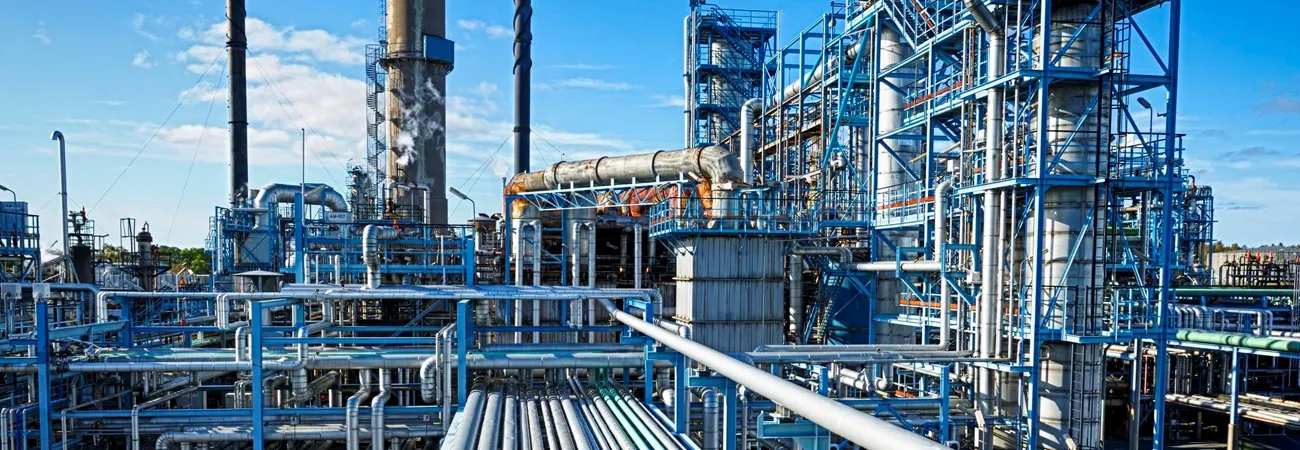i ECONOMY
The Independent Power Producers (IPPs) are playing a pivotal role in addressing the demand-supply gap in the energy sector of Pakistan. Nonetheless, there is a need to reassess the energy policies that appear to favour them to safeguard the consumer interests and alleviate the financial burden on the national exchequer. In an interview with the WealthPK, Faraz Khan, an energy expert at Islamabad-based Pakistan-German Renewable Energy Forum (PGREF), said the policies toward the IPPs are not consumer-friendly and the government bears the financial burden owing to the capacity charges and tax breaks given to them. Despite the incentives, the per unit cost of electricity produced by the IPPs is high and renders the industries uncompetitive. The report card recently published by the Ministry of Finance indicates an increase of Rs83 billion in payables to the IPPs and a growth of Rs57 billion in total circular debt during the Fiscal Year 2023 compared to the preceding fiscal year.
Additionally, payables to the public sector generation companies saw a rise of Rs10 billion, reaching Rs111 billion. The government, at present, is paying capacity charges to the IPPs, he mentioned. “Capacity charges are fixed payments made to the IPPs regardless of whether they generate electricity or not. This structure leads to excessive fixed costs, especially when there is overcapacity in the system. It results in financial strain on the government or consumers, as they are obligated to pay for the installed capacity even if it's not fully utilized,” he said. The Power Division released a circular debt report on its official website, covering the period up to June 30. The report indicates that the total payables to the IPPs amount to Rs1.434 trillion, while the overall circular debt stands at Rs2.41 trillion.
Source: Ministry of Finance
Faraz added that the attractive incentives offered to the IPPs dampen investments in the other industries. The industrialists see greater profitability in investing in IPPs rather than in the other industrial sectors. This factor initiates the process of de-industrialization. The tariff rates are excessively high owing to the long-term contractual arrangements with the IPPs. A reassessment is imperative to achieve a delicate equilibrium between ensuring profitability for investors and maintaining affordability for consumers, he added. In conclusion, the independent power producers, irrespective of their contributions to the energy sector, deserve a comprehensive policy revision on the part of the government.
Credit: Independent News Pakistan (INP)









